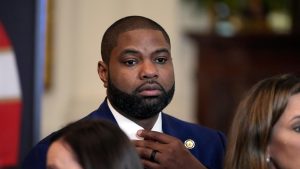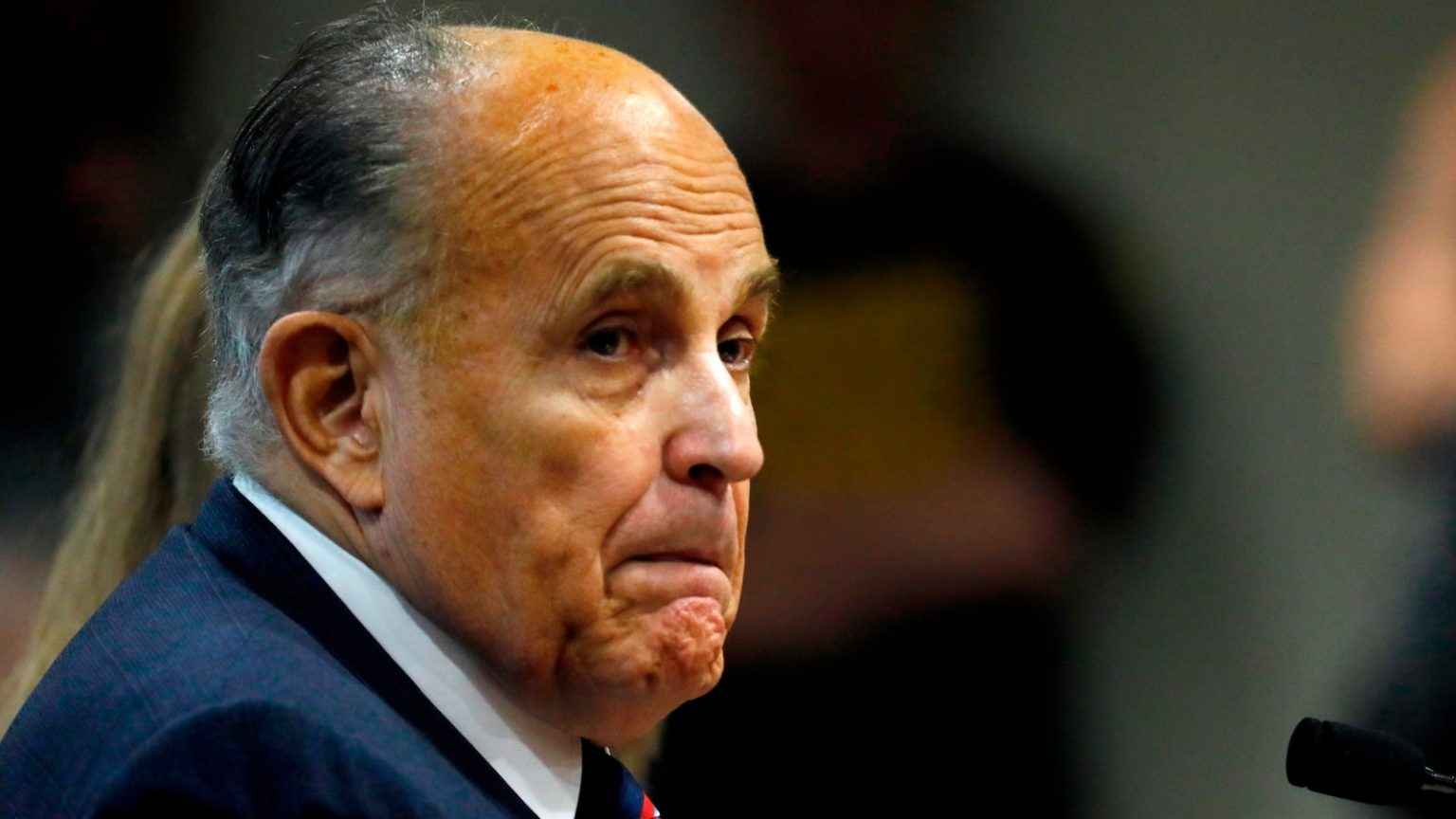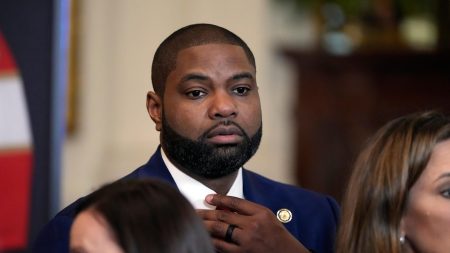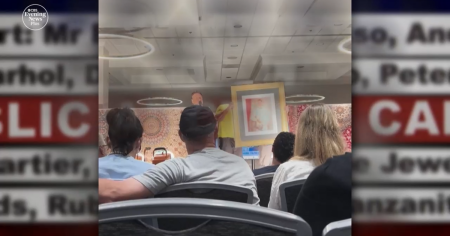Introduction
The legal travails of former New York City Mayor Rudy Giuliani took a significant turn in recent weeks as he addressed a substantial judgment against him. Giuliani was required to pay a total of $148 million in damages and penalties to two Fulton County election workers, Ruby Freeman and Shaye Moss, whom he had defamed. The case stems from Giuliani’s false accusations that the two women tampered with the 2020 presidential vote in Georgia, allegations that were thoroughly debunked but caused significant harm to their reputations and lives. This high-profile legal battle has brought attention to the broader issues of election integrity, the consequences of spreading misinformation, and the personal toll such actions can take on individuals.
The Defamation Case and Its Origins
The origins of this case can be traced back to the aftermath of the 2020 presidential election, when Giuliani, acting as personal lawyer to then-President Donald Trump, became a prominent figure in efforts to challenge the election results. Giuliani repeatedly made baseless claims about voter fraud, targeting Ruby Freeman and Shaye Moss, two election workers in Fulton County, Georgia. He falsely accused them of manipulating votes, a claim that was swiftly debunked by fact-checkers, election officials, and ultimately, the courts. Despite the lack of evidence, Giuliani’s statements were widely amplified, leading to harassment, threats, and reputational damage for Freeman and Moss.
In 2023, a jury found Giuliani liable for defaming Freeman and Moss, concluding that his actions had caused them significant harm. The legal system recognized the gravity of Giuliani’s false statements, particularly given his platform and influence as a former mayor and high-profile attorney. The $148 million judgment reflects the severe consequences of his actions and the importance of holding public figures accountable for spreading harmful falsehoods.
The Legal Consequences and Settlement
As the legal process unfolded, Giuliani faced additional consequences beyond the monetary judgment. He was held in contempt of court not once, but twice, by two different federal judges, for failing to comply with court orders. Specifically, Giuliani was accused of not relinquishing certain possessions as required by the court and continuing to make defamatory statements about Freeman and Moss. This pattern of behavior underscored the ongoing challenges posed by Giuliani’s actions and the necessity of court intervention to ensure accountability.
In January of this year, a settlement was reached that allowed Giuliani to avoid further legal entanglements. The agreement, finalized in December 2024, required Giuliani to surrender certain assets while allowing him to retain personal items of sentimental value, such as his Florida condominium and World Series rings he claimed belonged to his father. While Giuliani did not admit guilt as part of the settlement, he agreed to refrain from further defaming Freeman and Moss. The dismissal of the settlement action in district court on Monday marked the culmination of this chapter in the ongoing saga.
The Broader Implications and Public Response
Giuliani’s legal struggles extend beyond this specific case. His role in efforts to overturn the 2020 election has led to further consequences, including the revocation of his law license in New York and Washington. These professional repercussions highlight the serious ethical violations Giuliani is accused of committing and the potential long-term damage to his reputation and career.
Despite these challenges, Giuliani’s loyalists continue to defend him, with his representative, Ted Goodman, issuing a statement that emphasized Giuliani’s "extraordinary record of public service." The statement suggested that while plaintiffs’ attorneys might take Giuliani’s possessions, they could not erase his legacy of service. However, this perspective contrasts sharply with the widespread criticism Giuliani has faced for his role in spreading election-related misinformation and the harm it has caused.
Moving Forward and Reflections on Accountability
The resolution of this case marks a significant moment in the ongoing national conversation about election integrity and the spread of misinformation. While the monetary judgment against Giuliani provides some measure of accountability, it also raises questions about the broader systemic issues that allowed such claims to gain traction. The experiences of Ruby Freeman and Shaye Moss serve as a stark reminder of the human cost of baseless accusations and the importance of safeguarding the integrity of democratic processes.
As this chapter comes to a close, attention will likely turn to the broader implications of Giuliani’s actions and the steps that can be taken to prevent similar harm in the future. Whether through legal reforms, media accountability, or public education, the lessons of this case can inform efforts to protect individuals and uphold the truth in an increasingly polarized and misinformation-prone environment.
Conclusion
In summary, the resolution of the $148 million judgment against Rudy Giuliani brings a measure of closure to a deeply troubling chapter in American political history. The case underscores the dangers of unchecked misinformation, the importance of legal accountability, and the enduring challenges of protecting individuals from harm caused by public figures. While this settlement may not fully repair the damage done to Ruby Freeman and Shaye Moss, it represents a step toward justice and a reminder of the critical role of the courts in upholding truth and integrity.















